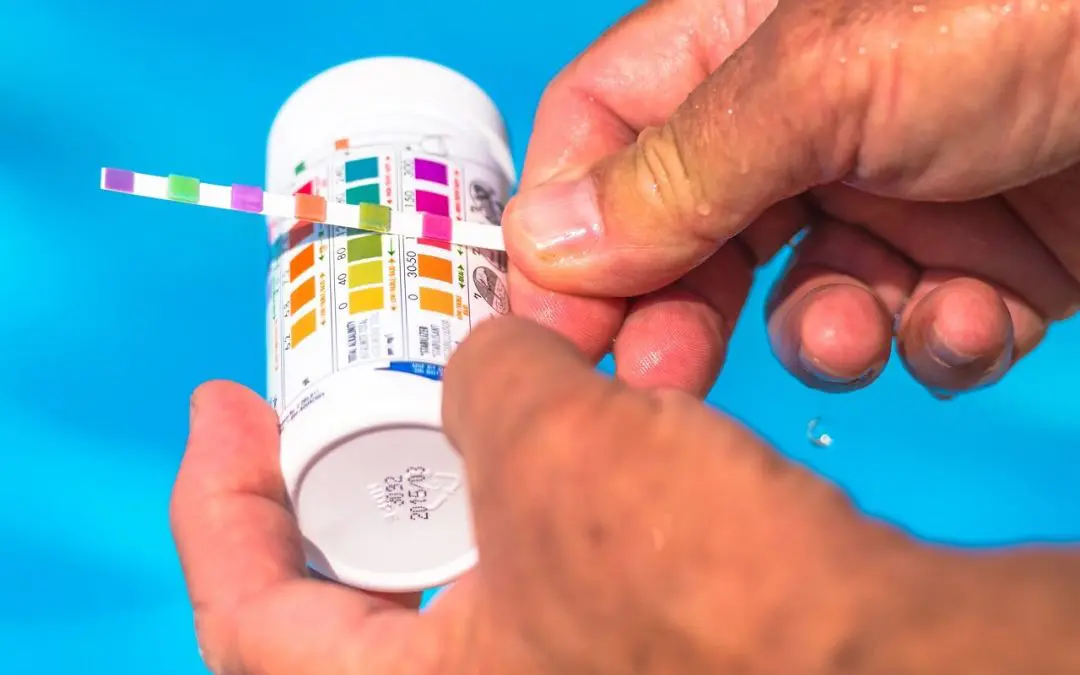A swimming pool brings joy and relaxation to a home. However, owning a pool comes with the responsibility of safety for everyone, especially children. Proper safety measures help prevent accidents and provide peace of mind for pool owners. Let’s dive into some essential swimming pool safety tips and guidelines to help you maintain a secure pool environment.
Supervision and Vigilance
The cornerstone of pool safety is constant supervision. Never leave children unattended near the pool, even for a moment. Active supervision means staying within arm’s reach of young swimmers and being prepared to intervene if necessary. Designate a responsible adult as the pool monitor during gatherings so someone is always focused on safety.
Fencing and Barriers for Swimming Pool Safety
Installing a sturdy fence around your pool is one of the most effective safety measures. The fence should be at least four feet high and have a self-closing, self-latching gate. This barrier helps prevent unsupervised access, particularly by young children. Use pool covers and alarms for extra layers of protection. A pool cover should be strong enough to support a person’s weight and securely fastened when the pool is not in use.
Teaching Swimming and Safety Skills
Teaching children how to swim at an early age is invaluable. Enroll them in swimming lessons with certified instructors who emphasize water safety. Along with swimming skills, teach children to respect the water, understand the importance of swimming with a buddy, and recognize the potential dangers of pool drains and deep water.
CPR and First Aid
Training in CPR and basic first aid makes a critical difference in an emergency. CPR training equips you with the knowledge to respond promptly if a swimmer needs help. Many organizations offer CPR certification courses that cover techniques for adults, children, and infants. Keep a well-stocked first aid kit near the pool area and confirm that all family members know its location and how to use it.
Pool Rules and Signage
Establish and enforce clear pool rules to promote safety. Rules might include no running near the pool, no diving in shallow water, and no swimming alone. Posting these rules visibly around the pool area is a constant reminder to all swimmers. Encourage guests to familiarize themselves with these rules before entering the pool.
Regular Maintenance and Inspections
Regular pool maintenance is crucial for safety. Keep all pool equipment, such as ladders, handrails, and diving boards, in good condition. Regularly inspect the pool for hazards such as broken tiles or loose drain covers. Proper water chemistry keeps the pool clean and prevents the growth of harmful bacteria and algae.
Chemical Safety
Pool chemicals are necessary for maintaining clean and safe water, but they can be hazardous if mishandled. Store chemicals in a cool, dry place, away from direct sunlight and out of reach of children. Follow the manufacturer’s instructions for safe handling and disposal. Never mix different chemicals, as this can result in dangerous reactions. Make sure there’s proper ventilation when adding chemicals to the pool to avoid inhaling fumes.
Emergency Preparedness
Prepare for emergencies by having a plan in place. Equip your pool area with lifesaving equipment such as life rings, reaching poles, and a phone for calling emergency services. Make sure everyone in the household knows how to use this equipment and what to do in an emergency. Practicing emergency drills helps everyone remain calm and act quickly if an accident occurs.
Owning a pool is a luxury that requires a great sense of responsibility. Make yours a secure environment that allows everyone to enjoy the pool with confidence and peace of mind.
Swimming Pool Safety FAQs
Are there special considerations for pools in cold climates?
In cold climates, winterizing your pool is essential to prevent damage. This includes lowering the water level, adding winterizing chemicals, and covering the pool with a strong winter cover. Keep the cover securely fastened to prevent debris and animals from entering the pool.
What safety precautions should be taken for pets around the pool?
Like children, pets need supervision around the pool. Ensure they know how to swim and install a fence or barrier to prevent unsupervised access. Consider using a pet-safe pool ladder or ramp to help them exit the pool easily. Always rinse your pet after swimming to remove chlorine or other chemicals from their fur.
How can I make my pool area safer at night?
Proper lighting is essential for nighttime safety. Install adequate pool and deck lighting so all areas are visible. Motion sensor lights can enhance security and visibility.
TMK Inspections offers professional home inspections to customers in Southeast Pennsylvania. Contact us to request an appointment for our services.

